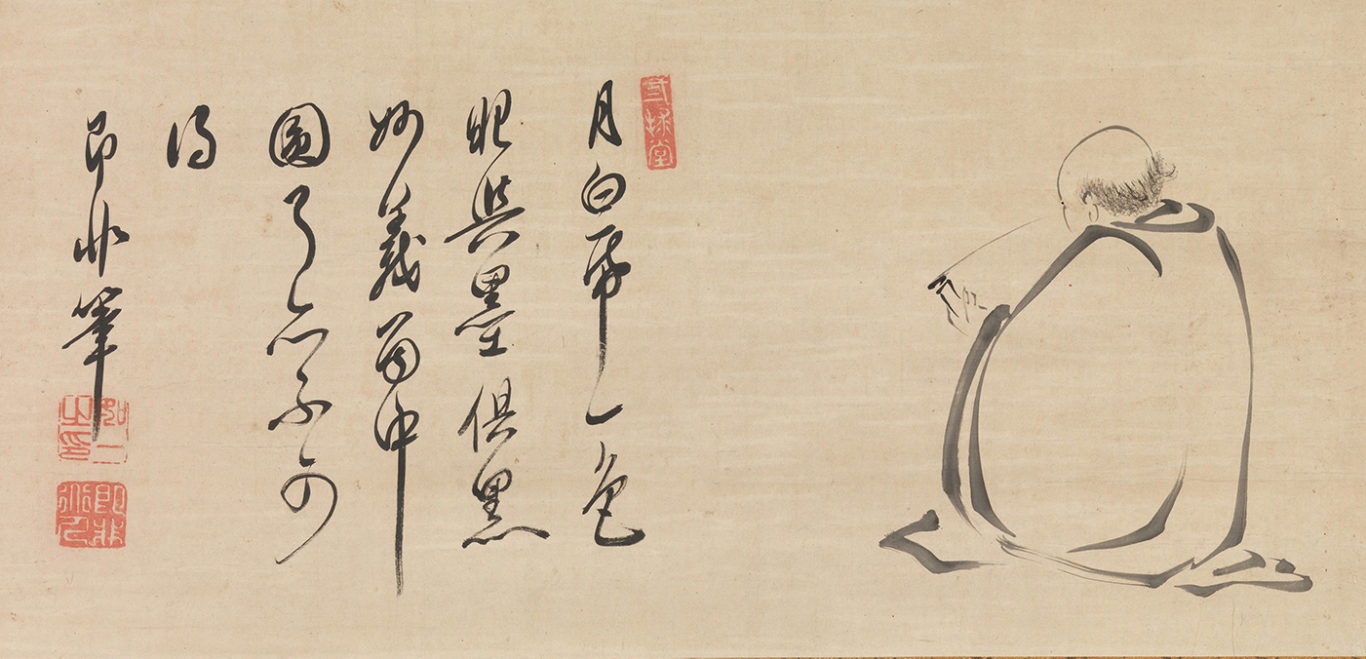How To Easily Meditate Zen: Instructions For Beginners. ‘You should meditate for 20 minutes each day unless you are really busy; then you must sit at least for an hour’ – Ancient Zen proverb. Zen or ZaZen meditation gives you an opportunity to de-clutter you life and open up your mind. If you are willing to increase your awareness and perception with meditation, then let us guide you on how to meditate Zen. Buddhism for Beginners. Zen for Beginners. These articles, essays and links are intended for the new practitioner or student who wants a foundational background in Zen and Buddhism. They are not intended to cover all of Buddhist history of philosophy but.
Hi, thanks for stopping by

Hi, I'm Egen. Perhaps I was like you. I was interested but mystified by the world of Zen, especially in the Modern day. What could ancient teachings help us with in today's life? Turns out that there's plenty to learn that will enrich your daily life, so we put the best of it here. Take a look around and I hope you find something here to enrich your life.
Legal information
This site is a participant in the Amazon Services LLC Associates Program, an affiliate advertising program designed to provide a means for sites to earn advertising fees by advertising and linking to Amazon.com. We are compensated for referring traffic and business to Amazon and other companies linked to on this site.
Zen is the Japanese name for a Buddhist tradition practiced by millions of people across the world. Historically, Zen practice originated in China, Korea, Japan, and Vietnam, and later came to in the West. Zen takes many forms, as each culture that embraced it did so with their own emphases and tastes.
Traditionally speaking, “Zen” is not an adjective (as in, They were totally zen). Zen is a Japanese transliteration of the Chinese word Chan, which is itself a transliteration of dhyana, the word for concentration or meditation in the ancient Indian language Sanskrit. (Zen is Seon or Son in Korean and Thien in Vietnamese.) When Buddhism came to China from India some 2,000 years ago, it encountered Daoism and Confucianism, absorbing some elements of both while rejecting others. Chan is the tradition that emerged. In this context, Chan refers to the quality of mind cultivated through sitting meditation, known as zazen in Japanese, which many Zen Buddhists consider to be the tradition’s most important practice.
Zen is as diverse as its practitioners, but common features include an emphasis on simplicity and the teachings of nonduality and nonconceptual understanding. Nonduality is sometimes described as “not one not two,” meaning that things are neither entirely unified nor are they entirely distinct from one another. Zen recognizes, for example, that the body and mind are interconnected: they are neither the same nor completely separate. Nonconceptual understanding refers to insight into “things as they are” that cannot be expressed in words.


To help students discover nonduality without relying on thought, Zen teachers use koans—stories that appear nonsensical at first but as objects of contemplation in zazen lead to a shift of perspective from separation to interconnectedness. Because teachers play such an important role in Zen, the tradition emphasizes reverence for its “dharma ancestors,” or lineage, influenced by Confucianism’s teaching of filial piety. At the same time, throughout Chinese history, Zen challenged other Confucian ideas by stressing the absolute equality of all beings and women’s capacity for enlightenment.
What Did Zen Buddhism Teach
Ultimately, Zen Buddhism offers practitioners ways to heal their hearts and minds and connect with the world. These ways have differed over time and from culture to culture. In medieval Japan, for example, Zen monks served as doctors to the poor, doling out medicine and magic talismans, and as ministers, offering funerals and memorial services. Today in the West, many practitioners come to Zen looking to gain peace of mind and mental clarity through meditation. Like all schools of Buddhism, Zen begins with an understanding that human beings suffer, and it offers a solution to this suffering through recognizing the interconnectedness of all beings and learning to live in a way that aligns with this truth.
Zen Buddhism For Dummies
Microsoft office 2011 mac crack download. Tk copy here about related articles cpy here and here in paragraph form with links to related content that the reader might be interested giving them context and related information here and tk copy link to article here and here tk copy here and here.
